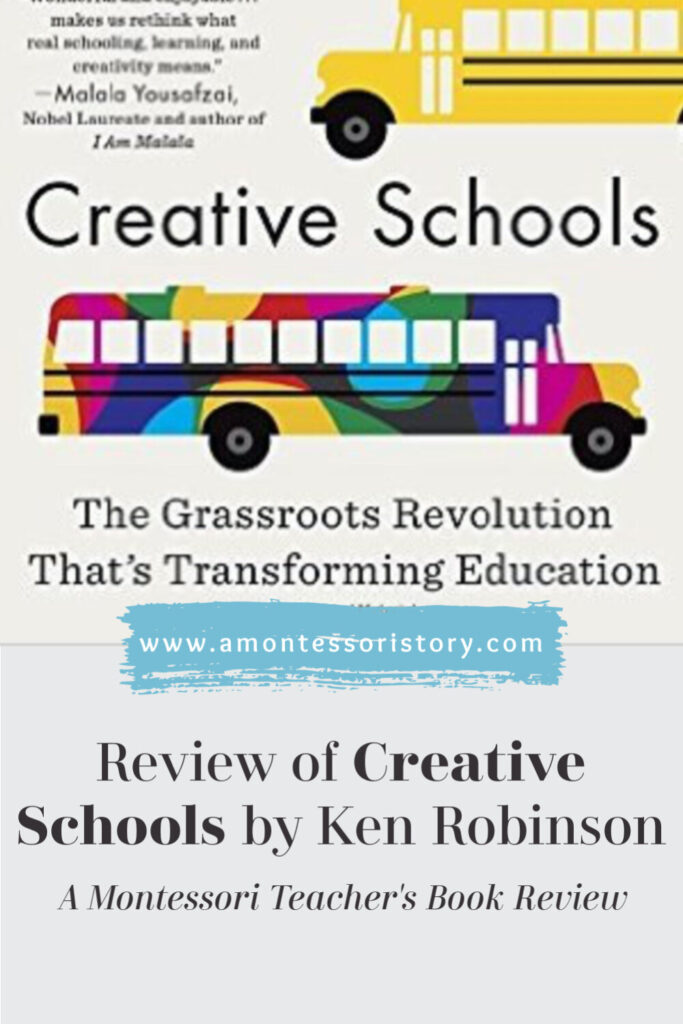1. Modern Education’s Origin: Made for Industry, Not Creativity
- Started during the Industrial Revolution to create obedient factory workers.
- Focused on standardization and efficiency, not individuality.
- STEM subjects (science, technology, engineering, math) were prioritized over arts and creativity.
- Students were treated like products, measured and ranked, not nurtured as individuals.
- Creative subjects were ignored because they didn’t directly serve industry needs.

2. Problems with Over-Standardization
- One-size-fits-all approach: Ignores that everyone learns differently.
- Same benchmarks for all: Students of the same age are expected to meet the same goals, regardless of their strengths or weaknesses.
- Undervalued talents: Skills like art, music, or trades are often overlooked.
- Overemphasis on tests: Makes learning stressful, not enjoyable.
- Examples:
- In 2012, 21% of American young adults couldn’t find the Pacific Ocean on a map.
- Some students are great at hands-on skills but struggle with standardized tests.
3. Lessons from Organic Farming for Education
- Organic farming focuses on health, ecology, fairness, and care—these can guide education too.
- Healthy schools: Support students’ physical, emotional, and intellectual growth.
- Ecology: Schools should work like communities where everyone helps each other grow.
- Fairness: Ensure all types of learners are treated equally.
- Care: Build trust and compassion in relationships.
4. Teachers as Gardeners, Not Factory Supervisors
- Teachers should nurture curiosity and guide growth, not force lessons.
- Kids naturally want to learn; teachers should tap into this curiosity.
- Strong teacher-student relationships keep students engaged.
5. Schools Should Focus on the Eight Cs
- Education should teach these 8 key skills for life:
- Curiosity: Keeps learning exciting.
- Creativity: Helps solve problems in new ways.
- Criticism: Teaches how to find reliable information.
- Communication: Helps share ideas clearly.
- Collaboration: Encourages teamwork.
- Compassion: Builds empathy and kindness.
- Composure: Helps manage emotions.
- Citizenship: Teaches responsibility to society.
- These skills prepare students for any future, no matter how technology or jobs change.
6. Learning Should Be Collaborative and Compassionate
- Teamwork: Group projects teach conflict resolution, cooperation, and shared responsibility.
- Compassion: Helps create kinder communities and reduces bullying.
- Emotional intelligence: Students learn to understand their own emotions and empathize with others.
- Examples:
- Team projects teach students how to work together and solve problems.
7. Principals and Leaders Can Change Schools
- Great leaders inspire change, don’t just enforce rules.
- Principals should:
- Encourage innovation.
- Empower teachers.
- Involve the community.
- Leadership is about enabling others, not micromanaging.
- Examples:
- Principals with open-door policies let teachers try new ideas without fear.
8. Policymakers Should Work With Schools
- Collaboration works better than top-down control.
- Example: In South Carolina, politicians, teachers, parents, and nonprofits worked together to improve education without over-standardizing.
9. Everyone Has a Role in Fixing Education
- Education isn’t just the job of teachers or policymakers.
- Parents, caregivers, and communities must also support children’s learning.
- Involving communities in decision-making helps create better, more practical education systems.
for more book summaries visit https://mastercssprep.com/category/write-up/book-reviews/

